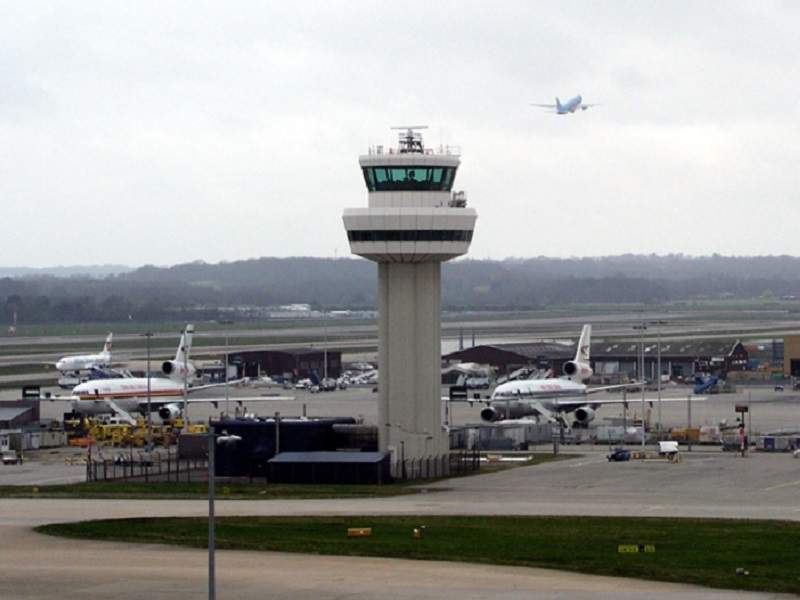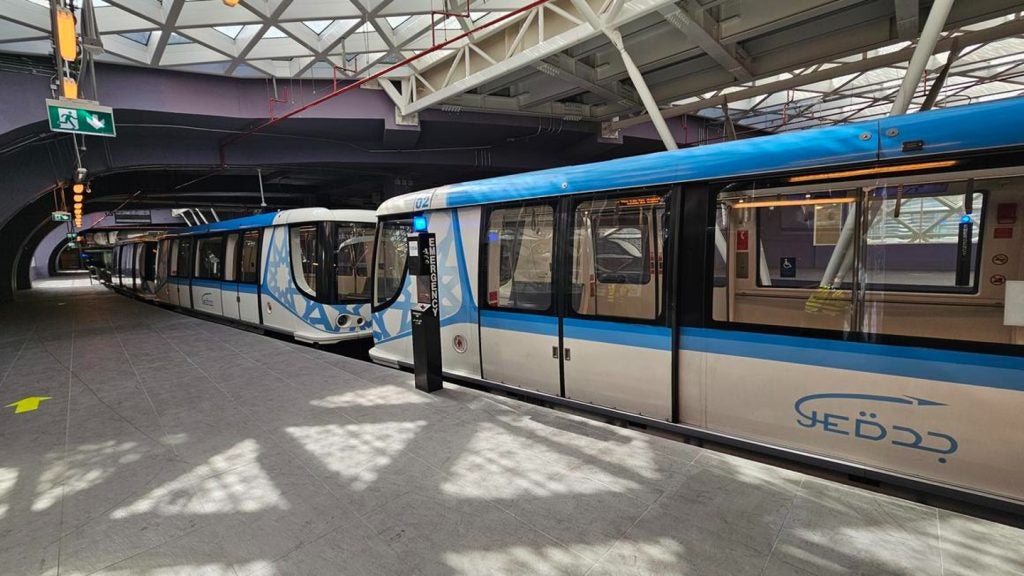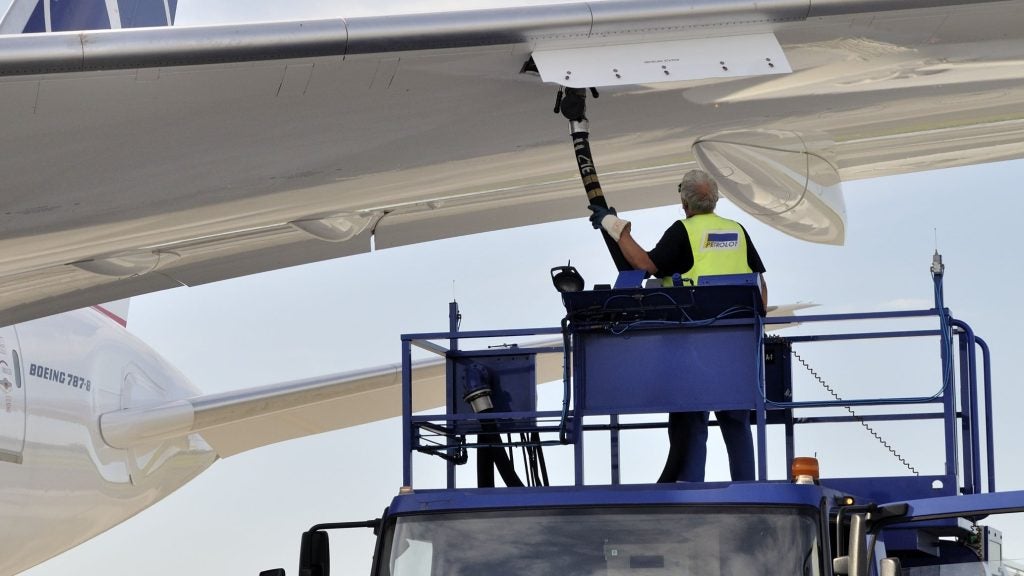
The European Space Agency (ESA) and British satellite telecommunications company Inmarsat have announced they are developing a technology to accurately track aircraft in four dimensions: latitude, longitude, altitude and time.
Under the Iris project, the two companies are working to improve aviation satellite technology and increase the efficiency of air traffic management (ATM). According to Inmarsat, it will particularly help reduce the backlog of air traffic communications.
A three-hour test flight from Amsterdam Schiphol Airport to trial the new system was successful, representing a significant step towards more precise flight surveillance and flight traffic.
Once implemented, the system will help secure the implementation of high bandwidth datalink communications over Europe, while enhanced IP-based capabilities will relieve pressure on crowded very high frequency (VHF) channels by moving pilot-controller communications from oral to high-speed data link.
Inmarsat vice president of aviation safety and operational services John Broughton said: “The results of our highly-successful test flight with ESA bring the Iris programme a step closer to certification by the European Aviation Safety Authority (EASA) and making this ground-breaking technology commercially available for airlines. With terrestrial datalink technologies reaching their capacity limits in the next ten years, the Iris programme has become an even more essential part of the Single European Sky initiative.
“Our previous test flights were conducted during the Iris development phase, using a combination of simulated systems and existing terminals. The fact that we have now have flown with the programme’s actual avionics system shows the excellent progress being made. All performance objectives were met and now the Iris consortium moves on to the next major milestone, the objective of making Iris an operational system in 2020.”
How well do you really know your competitors?
Access the most comprehensive Company Profiles on the market, powered by GlobalData. Save hours of research. Gain competitive edge.

Thank you!
Your download email will arrive shortly
Not ready to buy yet? Download a free sample
We are confident about the unique quality of our Company Profiles. However, we want you to make the most beneficial decision for your business, so we offer a free sample that you can download by submitting the below form
By GlobalDataAccording to Inmarsat, the Iris project is carried out with a view to helping the Single European Sky ATM Research (SESAR) programme, which aims to improve ATM, come to life. This will lead to a more precise flight tracking and more efficient management, with aircrafts set to be pinpointed in 4D.
The Iris programme will further enhance airspace utilisation and aviation safety and is predicted to reduce flight times, delays and CO2 emissions in support of the SESAR programme.
It is also expected to improve aircraft communications security through the use of security gateways that provide VPN barriers. These will securely connect flight management systems on board the aircraft to corresponding systems used by air traffic controllers on the ground.





